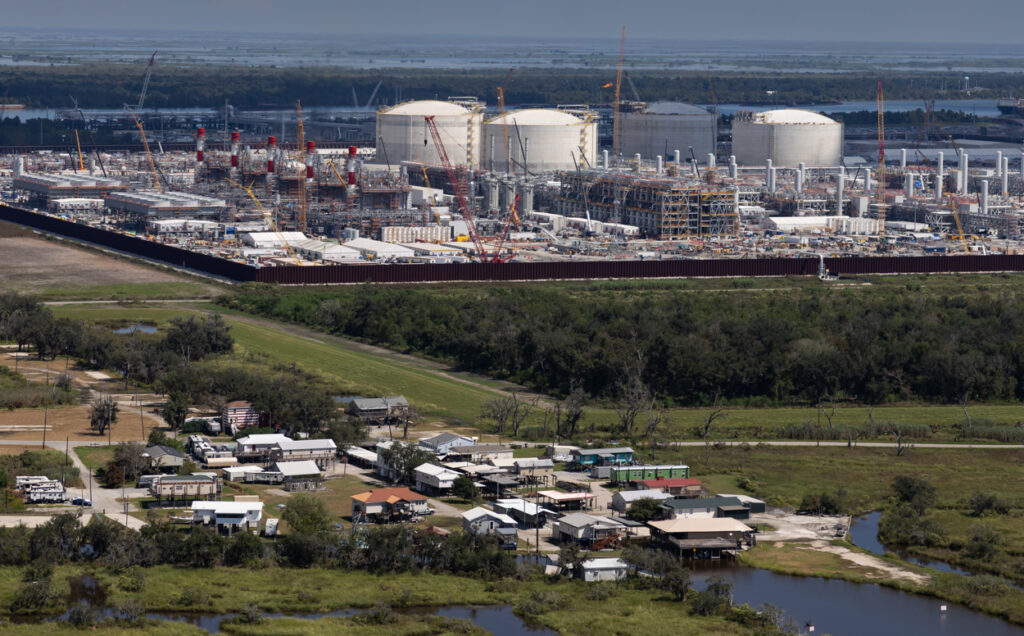Frank Luntz, the Washington-based public relations consultant who counseled President Bush to “keep the public confused” about climate science, has told the BBC he now accepts the reality of global warming. Unfortunately, Luntz does not accept responsibility for the impact of his own actions. Asked about the fact that Bush is still following his advice, Luntz responded: “That’s up to the administration. I’m not the administration. What they want to do is their business. It has nothing to do with what I write. It has nothing to do with what I believe.” Sounds like an eery echo of the infamous “Nuremberg Defense.”
President Bush to “keep the public confused” about climate science, has told the BBC he now accepts the reality of global warming. Unfortunately, Luntz does not accept responsibility for the impact of his own actions. Asked about the fact that Bush is still following his advice, Luntz responded: “That’s up to the administration. I’m not the administration. What they want to do is their business. It has nothing to do with what I write. It has nothing to do with what I believe.” Sounds like an eery echo of the infamous “Nuremberg Defense.”
Subscribe to our newsletter
Stay up to date with DeSmog news and alerts






